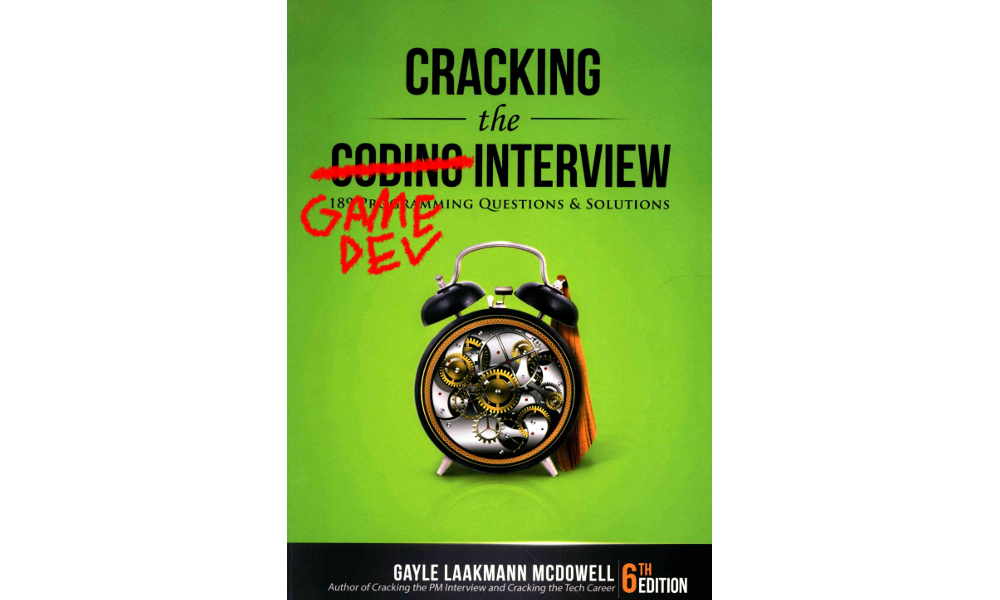Questions for the Professionals
 This is not about interviewing to work in game development. It's about interviewing game developers working in game devel—you know, never mind
This is not about interviewing to work in game development. It's about interviewing game developers working in game devel—you know, never mind
Although we leveraged the use of professionals for our project, the questions we asked them could have been different. We believe we asked good questions, and some of our interviewees even confirmed this; our questions were generated through meticulous research into that person so that we wouldn't have to familiarize ourselves with them during the interview (although this did feel pretty creepy). However, the questions weren't necessarily the ones we wanted to ask. Most of them revolved around our perceived idea of what the interviewee could answer and would be comfortable answering, based on their history and work experience, as opposed to questions about things that we were struggling to understand or were invested in knowing more about.
Something we wish we had done, although we aren't sure how, would be to ask for feedback specifically about the engine that we were developing. Some obvious problems arose when we considered this, though; how do we ask for feedback if they don't know much about our project? We also couldn't expect our interviewees to take the time to look into what we were doing, as they were already donating at least an hour of their time to interview with us. One angle we tried in an attempt to alleviate this was to bring in other sources of feedback, such as our trustworthy alumni Cort Stratton, but this didn't result in any useful discourse on our own engine.
Part of our original plan for the interviews was to have the content of the interviews match our development schedule. Unfortunately, we were never guaranteed to talk about work we had done recently in an interview because each interview usually had to be planned out almost a month in advance, and typically they hopped a couple times. So it wasn't guaranteed the interviewee we would talk to at the time of developing some system in our engine had experience in that subject or enjoyed talking about the topic.
As the semester progressed, so did our engine and our understanding of engine development, so our questions became more advanced and in-depth. While having more technical questions isn't a negative, the assumption of knowledge is—specifically for our target audience of novices. Another result of personally understanding game engines better was that we had fewer questions to ask, making generating the questions harder, especially with consideration to our novice audience . This is something we came to accept: interviewing people is hard.